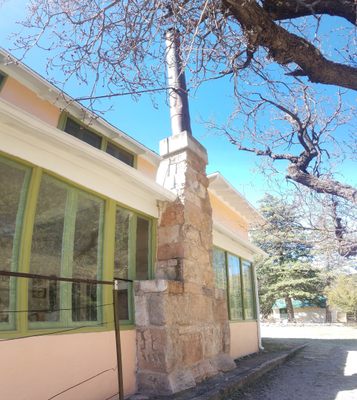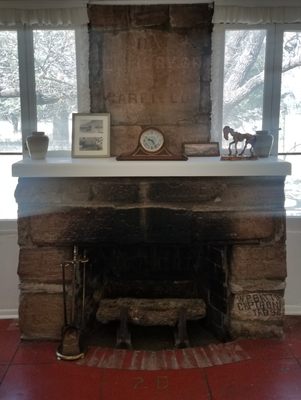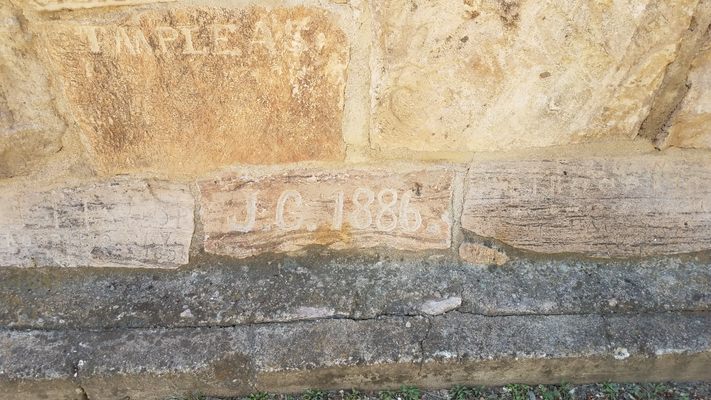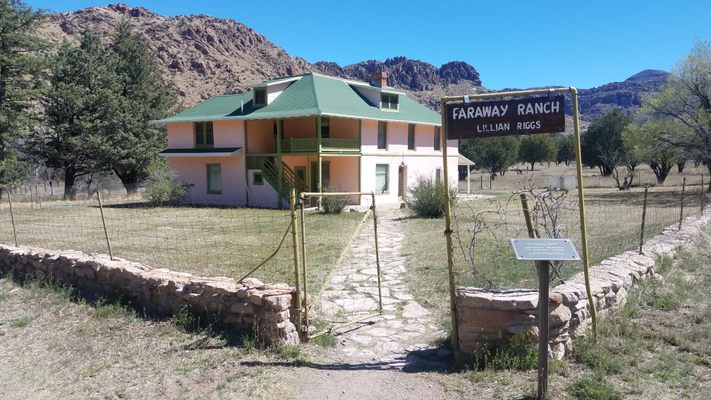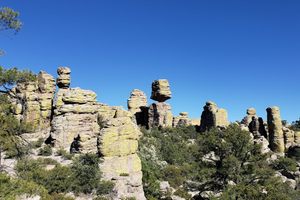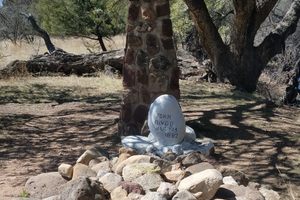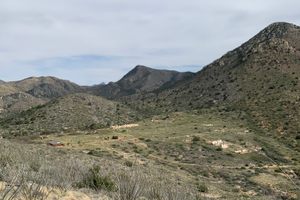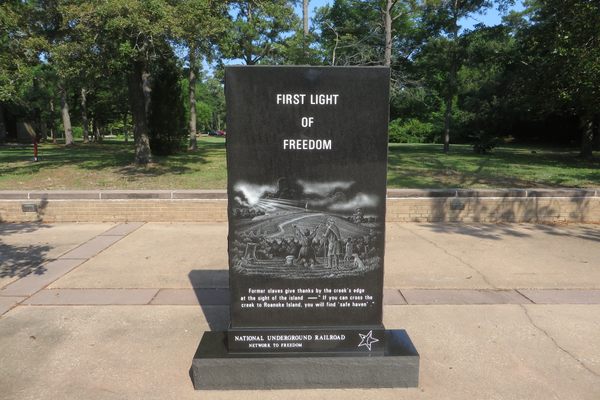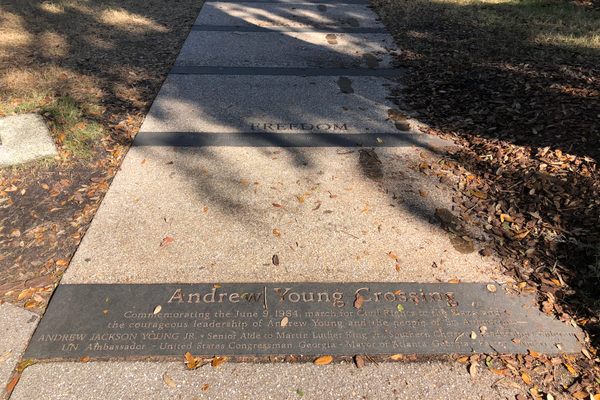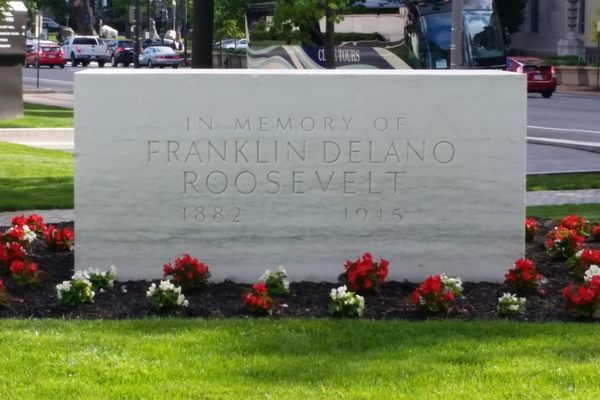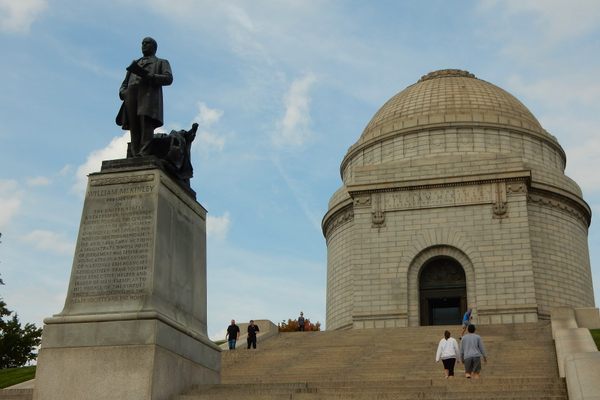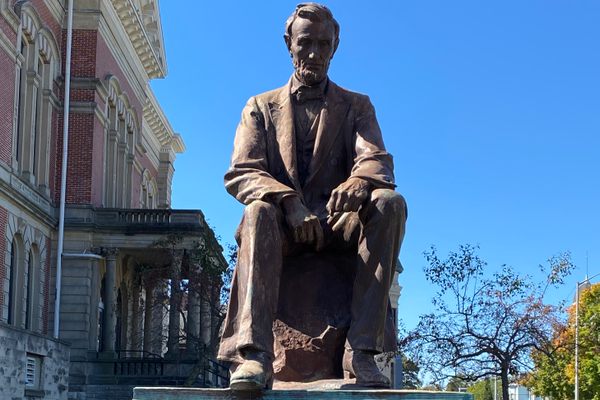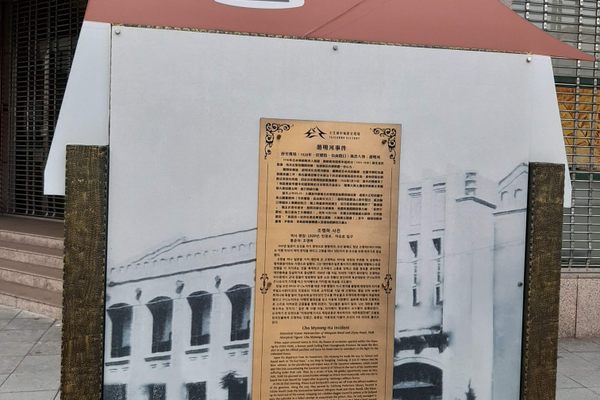About
President James Garfield was shot by an assassin only a few months into his term in 1881, and died from that wound several months later. Before his death, Garfield had been an ardent supporter of African-American rights. As an officer in the Union Army during the Civil War, he saw the conflict as a righteous crusade against the evils of slavery.
The 10th U.S. Cavalry, a unit of African-Americans soldiers more familiarly known as the "Buffalo Soldiers," were stationed in Bonita Canyon in the southeastern corner of the Arizona Territory in 1885. The U.S. military was campaigning there against members of the Chiricahua Apache, led by Geronimo, who had managed to escape from their forced confinement on a reservation and were now fighting for self-determination in their ancestral homelands.
Because of his lifetime of strong positions on civil rights and abolition, Garfield was a highly regarded figure among the Buffalo Soldiers. So when the military campaign against the Chiricahua Apache and Geronimo never actively reached Bonita Canyon, the soldiers decided to build a memorial to the late president with their spare time. They used the volcanic rhyolite stones in the area to construct a three-tiered monument. On the largest block they wrote a dedication, and on the smaller blocks they carved personal messages, usually their names or initials and the year.
In September of 1886, Geronimo surrendered to the U.S. Army and the 10th U.S. Cavalry was recalled from Bonita Canyon. As years passed, the Buffalo Soldiers' memorial to the assassinated president was at risk of being lost. Wind and weather had worn the monument down and visitors to the area had begun to chisel off pieces to keep as souvenirs.
A man named Neil Erickson, who's Faraway Ranch neighbored the area, began a fruitless effort to save the monument. Erickson spent years writing letters to politicians and military commanders in Washington, D.C., along with members of the Garfield family in Ohio, trying to get the rock monument official recognition and protection, but never received any support in his campaign. Years later, his daughter and her husband, Lillian and Ed Riggs, took over the ranch and came up with a unique idea: to disassemble the threatened monument and incorporate the stones into a fireplace in their ranch house. It would allow the monument to be saved, albeit not in its original form. Reluctantly, in 1920, Erickson allowed Ed and Lillian to go through with their unorthodox plan to save the memorial.
Ed Riggs was also integral in the effort to get federal protection for rock pillar formations in the nearby mountains—what he called the “Wonderland of Rocks"—which were preserved as Chiricahua National Monument in 1924. In 1979, the family sold the ranch property to the federal government and it was incorporated into the national monument. Today, visitors to Chiricahua can visit Faraway Ranch and see the fireplace on the ranch house, with its dedication to an assassinated president from long ago, and the carved signatures of the Buffalo Soldiers who briefly inhabited the canyon.
Related Tags
Know Before You Go
Faraway Ranch is preserved inside Chiricahua National Monument. The fireplace can be seen from the exterior of the house anytime, but to see the interior of the house you must take a ranger-guided tour. Tours are free but their schedule varies seasonally, so check with rangers or call the visitor center for more information.
Community Contributors
Added By
Published
April 5, 2019
Sources
- https://www.nps.gov/chir/learn/historyculture/garfield-monument.htm
- https://en.wikipedia.org/wiki/Faraway_Ranch_Historic_District
- https://en.wikipedia.org/wiki/James_A._Garfield
- https://www.eacourier.com/lifestyle/historical-fireplace-reflects-work-of-buffalo-soldiers/article_08b9bdf9-4f5a-5249-90be-25361e3c8559.html
- https://www.willcoxrangenews.com/news/article_e3a997e0-a3bd-11e7-996d-073df52e4bbb.html
- https://www.nps.gov/chir/learn/historyculture/camp-bonita.htm
